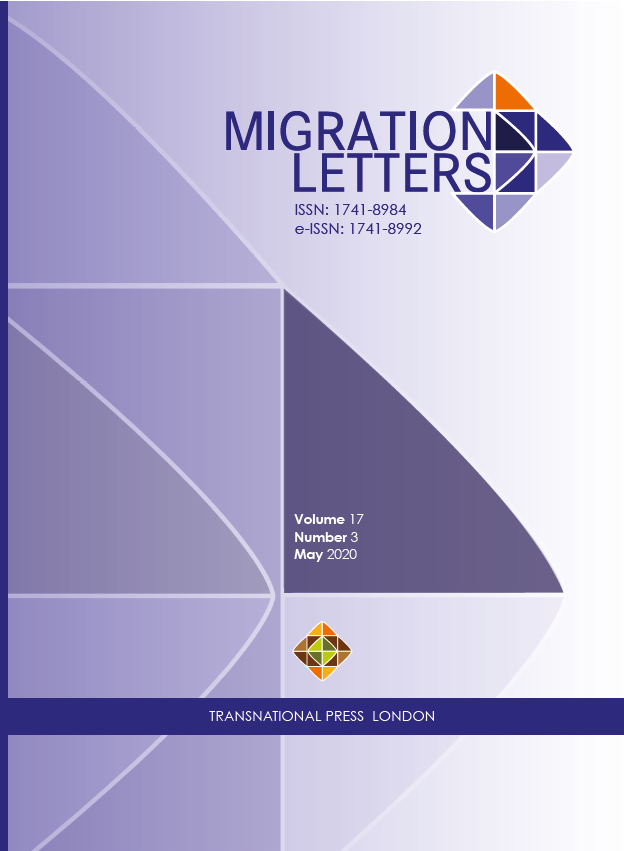Coming of Age in the Border Regime: The End of Vulnerability?
Coming of Age in the Border Regime: The End of Vulnerability?
Author(s): Laura OttoSubject(s): Migration Studies, Asylum, Refugees, Migration as Policy-fields
Published by: Transnational Press London
Keywords: unaccompanied minors; vulnerability; categorization; refugees;coming of age;
Summary/Abstract: International and national legal frameworks clearly define who an ‘unaccompanied minor’ or ‘separated child’ is in the context of forced migration: a young person under eighteen years of age without the presence of a legal guardian. The category of the ‘unaccompanied minor’ is inextricably linked with vulnerability, suggesting that young refugees are not vulnerable once they are legally considered to be adults. My ethnographic fieldwork in Malta reveals, however, that young refugees do not find themselves in positions in which they are either vulnerable or non-vulnerable, but that both––being considered as a minor and being considered an adult––entail different forms of vulnerability. I thus argue that vulnerability is not merely “inscribed” or “embodied”, but that it is also the outcome of processes of vulnerabilization, whereby refugees are made vulnerable. These processes of vulnerabilization need to be understood as a result of individuals’ (non-)action.
Journal: Migration Letters
- Issue Year: 17/2020
- Issue No: 3
- Page Range: 425-432
- Page Count: 8
- Language: English

